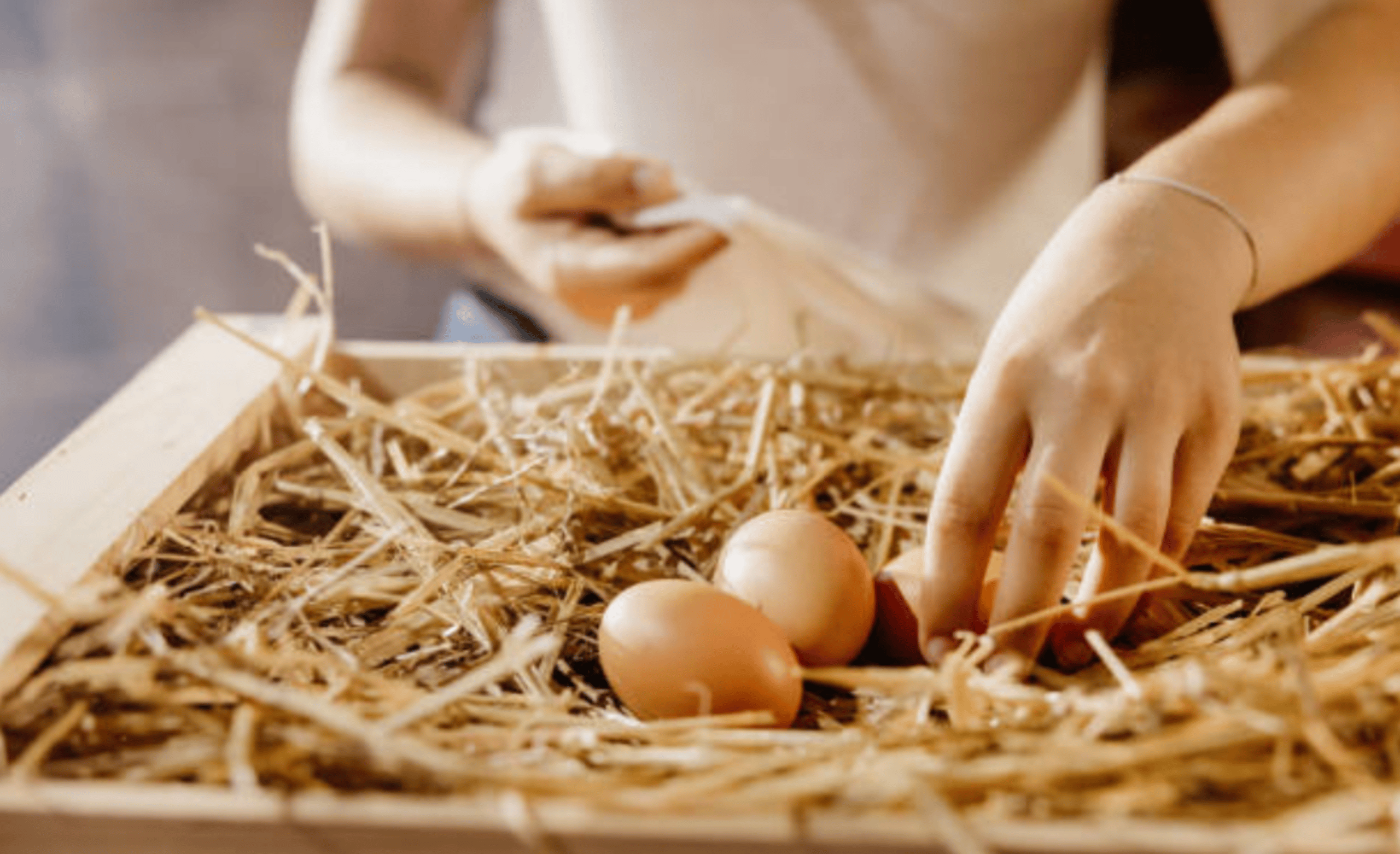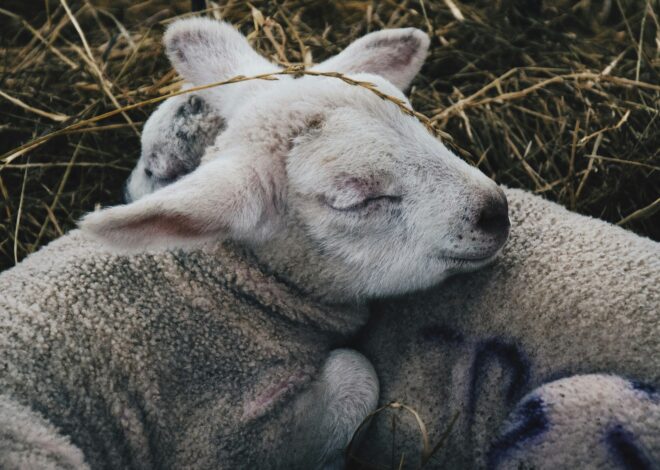
How To Raise Chickens For Eggs
Learning how to raise chickens for eggs can be a rewarding and life changing experience. Imagine stepping into your backyard and collecting fresh eggs, still warm from the hen. The satisfaction of knowing exactly where your food comes from is unbeatable.
Raising chickens for eggs has become increasingly popular among urban dwellers and country folks alike. It’s not just about having a steady supply of nutritious breakfast staples; it’s also about connecting with nature and enjoying the simple pleasures of farm life.
Whether you’re considering starting a small flock or are already on your way, this guide will walk you through everything you need to know to raise healthy hens that provide delicious eggs year-round. Get ready to embrace this rewarding journey!
Benefits of Raising Chickens for Eggs
Raising chickens for eggs brings a host of benefits that can enhance your lifestyle. First and foremost, you gain access to fresh, nutritious eggs right in your backyard. These homegrown treasures often taste better than store-bought options. Chickens also contribute to sustainability efforts.
They help reduce food waste by consuming kitchen scraps and garden leftovers, turning them into valuable protein sources. Moreover, keeping chickens can be an engaging hobby. Watching their quirky behaviors and interactions provides endless entertainment while fostering a connection with nature.
Chickens are low-maintenance animals that can adapt well to various environments. Their presence on your property may even deter pests like insects or rodents. Raising chickens fosters a sense of community as you connect with other poultry enthusiasts through sharing tips or trading eggs. Engaging in this activity nurtures relationships while providing delicious rewards.
Choosing the Right Chicken Breeds for Egg Production
Choosing the right chicken breeds is crucial for successful egg production. Different breeds have varying traits, and some are more prolific layers than others. For high egg output, consider breeds like the Rhode Island Red or Leghorn. These birds consistently lay a good number of eggs each week.
They are also hardy and resilient in various climates. If you’re looking for something unique, explore heritage breeds such as the Orpington or Sussex. While they may not lay as many eggs daily, their rich flavors and robust nature can be worth it.
Think about your space too. Some chickens need more room to roam than others do. Bantam varieties offer compact options without sacrificing personality. Researching breed specifics will help you make an informed decision that aligns with your goals in raising chickens for eggs.
Preparing for Your Chickens:
– Coop
Creating a cozy coop is essential for raising healthy chickens. The right space protects them from harsh weather and predators. Think of it as a little fortress for your feathered friends.
Your chicken coop should have ample ventilation. Proper airflow keeps it fresh and helps prevent respiratory issues. Make sure to include windows that allow sunlight in but can be secured at night.
Space is another crucial factor. Each bird needs enough room to roam comfortably, ideally around 4 square feet per chicken inside the coop. This prevents overcrowding, which can lead to stress and aggression.
Don’t forget about nesting boxes! These provide a private area where hens feel secure laying their eggs. Aim for one box per every three hens, lined with straw or hay for comfort.
Ensure easy access for cleaning. Regular maintenance will help keep your chickens happy and healthy in their new home.
– Supplies
When raising chickens for eggs, having the right supplies is essential. Start with a sturdy feeder and waterer. These will ensure your hens have constant access to food and fresh water.
Consider using high-quality feed specifically formulated for laying hens. This provides the necessary nutrients they need to produce eggs consistently.
Don’t forget about nesting boxes. Offer one box for every three or four hens to give them comfortable spots to lay their eggs. Line these boxes with straw or wood shavings, creating a cozy environment that encourages egg-laying.
A good supply of bedding material is also important. Regularly clean out the coop and replace bedding to maintain hygiene and prevent pests.
Invest in some basic health supplies like vitamins and minerals, along with first aid items for any minor injuries your flock may encounter during their daily activities.
– Safety Measures
When raising chickens for eggs, ensuring their safety is essential. Start by securing the coop with sturdy materials. This helps protect your flock from predators like raccoons and foxes.
Consider a fenced area for outdoor time. A well-constructed fence keeps chickens contained while allowing them to explore safely. Make sure it’s tall enough; some breeds are adept at flying.
Regularly inspect the coop and yard for hazards. Remove debris or sharp objects that could harm your birds.
Introduce proper ventilation in the coop. Good airflow prevents respiratory issues and maintains a comfortable temperature during hot months.
Always monitor your flock’s behavior for signs of stress or illness. Early intervention can prevent severe problems down the line.
Keep fresh water available at all times to ensure hydration, particularly on warmer days when they may be more active outside.
Feeding and Caring for Your Chickens
Feeding your chickens is essential for their health and egg production. A balanced diet typically includes high-quality layer feed, which contains the right nutrients to promote strong eggshells and overall vitality. In addition to commercial feed, consider offering kitchen scraps like vegetable peels or grains.
Chickens enjoy variety, and these treats can enhance their diet while reducing waste. Fresh water should always be available. Change it daily to keep them hydrated and healthy. Caring for your chickens goes beyond feeding. Regularly check on their living conditions; clean bedding prevents diseases.
Watch for signs of illness or distress—healthy chickens are active and curious about their surroundings. Spend time with them; social interaction enhances well-being and keeps them calm during handling or egg collection sessions.
Tips for Collecting Eggs
Collecting eggs can be a delightful daily chore. To ensure you gather them without any mishaps, make it a routine to collect at the same time each day. Early morning or late afternoon tends to work best. When you approach the nesting boxes, do so gently.
Chickens can get startled easily, and a calm environment is ideal for both birds and collectors alike. Use an appropriate container for your eggs. A basket lined with soft material helps prevent cracks during transport.
Be mindful of where hens like to lay; some may sneak off into hidden corners of the coop or yard. Always check every nook and cranny. If you find any dirty eggs, simply clean them with a dry cloth before storing—this preserves their natural protective coating better than washing with water does!
Tips for Storing Eggs
Storing eggs properly is crucial for maintaining their freshness. Start by keeping them in the refrigerator as soon as possible. The ideal temperature is around 40°F (4°C) to slow down spoilage. For optimal storage, place eggs pointy end down in their carton.
This helps keep the yolk centered and reduces air exposure. Avoid washing eggs before storing them. The natural protective coating helps maintain freshness, so it’s best to leave that intact until you’re ready to use them. Keep your egg supply organized by labeling with dates if you’re collecting from multiple hens.
Rotate older eggs to the front, ensuring they are used first. Check for cracks or unusual odors before using any stored eggs. Discard those that seem off; safety comes first when enjoying your homegrown treasure.
Dealing with Common Challenges
Raising chickens for eggs can be a rewarding experience, but it’s not without its challenges. One common issue is pecking and bullying among hens. Providing enough space in the coop and ensuring there’s plenty of food can help minimize conflicts.
Another challenge is dealing with predators. Foxes, raccoons, and hawks are just a few threats to your flock. Installing secure fencing and using predator-proof coops will keep your chickens safe. Egg production can also fluctuate due to stress or illness. Keep an eye on their health by watching for signs of distress or abnormal behavior. Regular vet check-ups can catch problems early.
Changes in weather might affect egg-laying patterns. Ensure that your coop has proper ventilation and insulation to keep them comfortable year-round, allowing for consistent egg production despite external conditions.
The Importance of Sustainability in Raising Chickens for Eggs
Sustainability plays a crucial role in raising chickens for eggs. It goes beyond just having fresh, homegrown produce; it’s about nurturing the environment as well. When you opt for sustainable practices, you help reduce waste and lower your carbon footprint.
Chickens can thrive on kitchen scraps, turning food waste into valuable protein sources. This not only benefits your flock but also minimizes landfill contributions. Choosing eco-friendly bedding materials like straw or wood shavings enhances the health of both chickens and soil. Composting chicken droppings enriches gardens without chemical fertilizers.
Incorporating rotational grazing allows hens to forage naturally while promoting healthy pasture growth. This method encourages biodiversity and strengthens local ecosystems. By prioritizing sustainability, you’re making a positive impact on the planet while enjoying delicious eggs that are free from harmful chemicals or additives. It’s a win-win situation for everyone involved.
Conclusion: The Joys of Fresh, Homegrown Eggs
Raising chickens for eggs brings a unique joy to your life. There’s something incredibly satisfying about gathering fresh eggs from your backyard. The vibrant colors of the shells and the rich taste of homegrown eggs can turn any meal into a treat.
Beyond just tasty breakfasts, keeping chickens fosters a deeper connection with nature. You witness their quirky personalities and watch them thrive in their environment. Each egg you collect is a small victory, reflecting your care and dedication.
The sense of sustainability also enriches this experience. By raising your own hens, you’re taking part in eco-friendly practices that benefit both you and the planet. It’s rewarding to know where your food comes from.
Whether you’re an experienced farmer or just starting out, embracing chicken-keeping offers endless possibilities for enjoyment and learning. With every cluck and every egg gathered, you’ll find that there’s no substitute for the fresh produce raised right at home.



